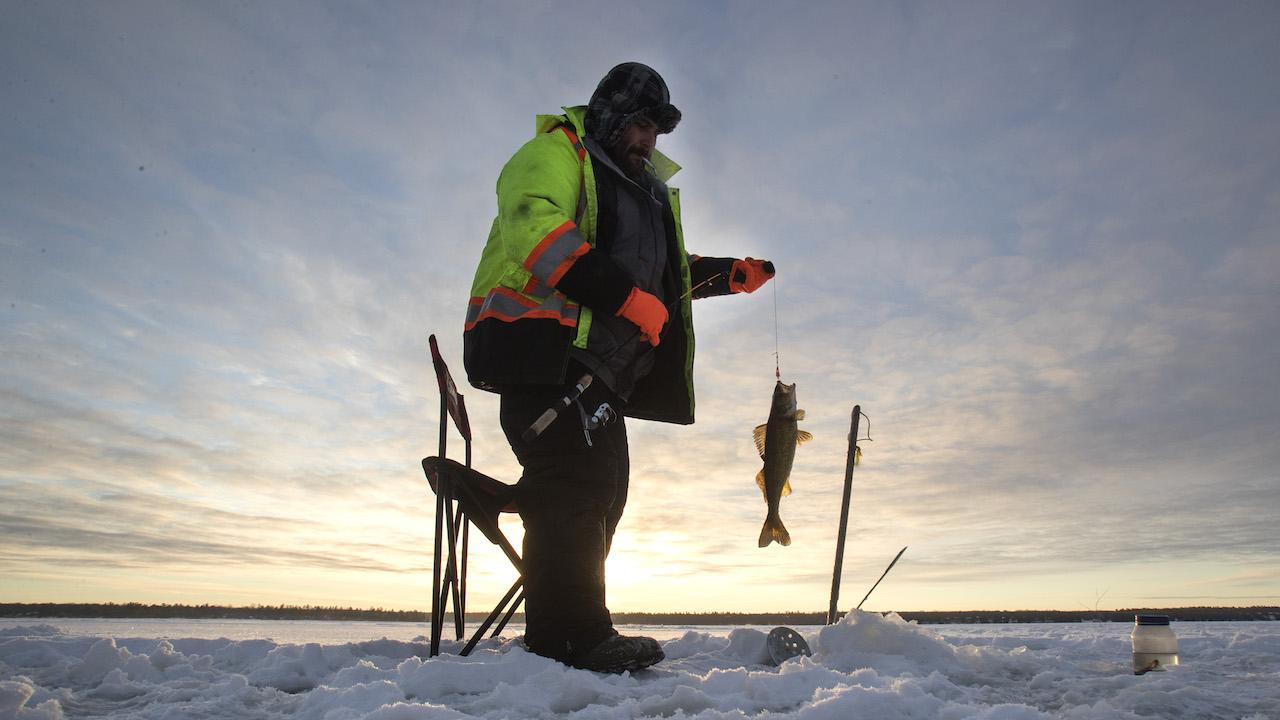 The Reconciliation Advisory Committee suggests the resources listed below to help guide you.
The Reconciliation Advisory Committee suggests the resources listed below to help guide you.
For more information on events about this issue, visit our events calendar.
Provincial, Regional, and Territorial Component Associations Publications
OALA's Ground Magazine: Responding to Reconciliation
Sitelines Magazine - BCSLA: Groundwork: Building Relations with First Nations, Read the October 2017 Edition
 Yellowhead Treaty Map
Yellowhead Treaty Map
Covering every Canadian treaty from 1763 to the present, the Yellowhead Institute's Treaty Map aims to challenge the commonly held view of treaties as land surrenders and offers a comprehensive, interactive learning and teaching tool, grounded in Indigenous perspectives of treaties.
From Risk to Resilience: Indigenous Alternatives to Climate Risk Assessment in Canada
BY JANNA WALE AND BRETT HUSON
This Special Report argues that Indigenous approaches to relationships to the land and water can indeed offer an alternative but more eective approach to understanding and responding to climate change and the corresponding risks.
 SvN JEDI Guidebook
SvN JEDI Guidebook
WHAT IS J.E.D.I?
A research group with the purpose of creating a culture of justice, equity, diversity and inclusion at SvN.
 Paths Forward: As Canada comes to terms with a brutal colonial legacy, two landscape architect-led plans light the way toward reconciliation
Paths Forward: As Canada comes to terms with a brutal colonial legacy, two landscape architect-led plans light the way toward reconciliation
BY KATHARINE LOGAN
 May 2022 Issue of Canadian Architect's Magazine: Indigenous Design
May 2022 Issue of Canadian Architect's Magazine: Indigenous Design
 Indigenous Knowledges Climate Atlas
Indigenous Knowledges Climate Atlas
Indigenous ways of knowing and being are critical for understanding, observing, and addressing climate change. Through this intergenerational experience and observation, Indigenous peoples were amongst the first to notice climate change and also have critical knowledges for navigating and adapting to it.
 What are Indigenous knowledge systems — and how can they help fight climate change?
What are Indigenous knowledge systems — and how can they help fight climate change?
Indigenous communities have their own experts and ways of knowing. Here’s how people are working to bring them together with Western science to tackle the climate emergency
 When it comes to climate change, the heavy hand of colonizers is as important as our carbon footprint
When it comes to climate change, the heavy hand of colonizers is as important as our carbon footprint
Why are we spending our focus, energy, and resources on decarbonizing oppression and exploitation, rather than on this very oppression and exploitation that created the climate crisis?
Jennifer David The Path Indian Residential Schools Presentation & Discussion
Watch NVision's Jennifer David for a difficult discussion about Canada's colonial history, particularly the cultural genocide that took place during the Indian residential school era and the intergenerational trauma that continues to impact Indigenous peoples today. This is a live, free ‘kitchen table’ discussion on Indigenous cultural awareness with a focus on residential schools. It is a condensed segment from NVision's well-regarded Indigenous cultural awareness course The Path: Your Journey Through Indigenous Canada, in which the CSLA Board and Component Associations' Boards across Canada have participated.
About Truth and Reconciliation
- Truth and Reconciliation Commission Report
- Truth and Reconciliation Commission of Canada: Calls to Action
- Reconciliation Canada Website
- Pathways to Reconciliation: Cities Respond to the Truth and Reconciliation Commission Calls to Action
- First Nation - Municipal Land Use Planning Tool
National Centre for Truth and Reconciliation Mini Series
TRC Mini Documentary - Senator Murray Sinclair on Reconciliation
A National Journey for Healing
Honorary Witnesses on Moving Forward
Other National Organization's Publications
 Engineers Canada's Guide to Acknowledging First Peoples and Traditional Land
Engineers Canada's Guide to Acknowledging First Peoples and Traditional Land
Do you host meetings, or are working with volunteers and committees who host meetings? This resource is for you! The purpose of this document is to provide guidance and to answer questions for Engineers Canada staff for conducting land acknowledgements at the beginning of meetings, public events, and conferences.
This guideline will be your hub for understanding the value of conducting land acknowledgements, as well as tips, templates, and protocols for how to do a land acknowledgement at your meetings. It will be regularly updated by the Diversity, Equity, and Inclusion Manager.
 Canadian Institute of Planners' Policy on Planning Practice and Reconciliation
Canadian Institute of Planners' Policy on Planning Practice and Reconciliation
CIP's policy on Planning Practice and Reconciliation is a call to action for planners to engage in meaningful and sustained relationship building with Indigenous Peoples of Canada. Read CIP's full Planning Practice and Reconciliation policy:
 Infrastructure Planning Guide and Toolkit:
Infrastructure Planning Guide and Toolkit:
A Practical Approach to Infrastructure Planning for First Nations
Indigenous Services Canada (ISC) recently published a new resource: Infrastructure Planning Guide and Toolkit: A Practical Approach to Infrastructure Planning for First Nations. This guide outlines a step-by-step approach to infrastructure planning and includes practical tools for each step
Recruitment and Education Resources
First Nations Technology Council
Hire Indigenous STEM students
First Nations Career Council
Indigenous and allied STEM practitioners supporting entry into STEM fields
Indispire
Contribute to Scholarship Programs, Resources for educators
https://indspire.ca/programs/
Other Resources
Architect Douglas Cardinal on building in harmony with nature
Cardinal's designs incorporate nature in unique ways. The organic form of the Canadian History Museum takes inspiration from the Rocky Mountains, "the backbone of Turtle Island," explained Cardinal.
